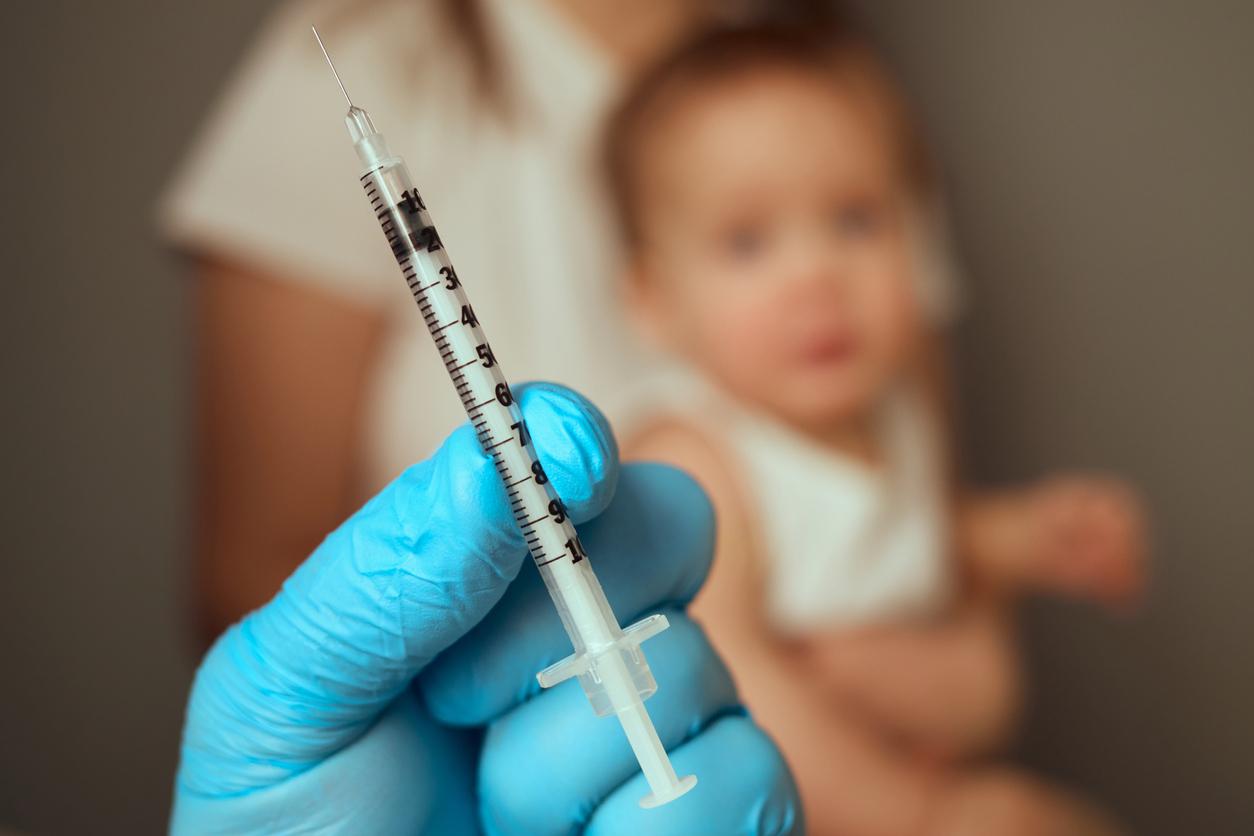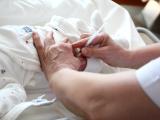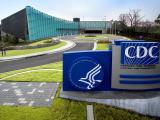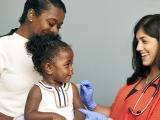The Centers for Disease Control and Prevention (CDC) vaccine advisory group today changed its recommendations for the measles, mumps, rubella, and varicella (MMRV) vaccine for the youngest children, continuing efforts by Health and Human Services (HHS) Secretary Robert F. Kennedy Jr. to shake up childhood vaccine policies and schedules.
Varicella is also known as chickenpox. A scheduled vote on use of the hepatitis B vaccine at birth was tabled until tomorrow.
Deliberations in highly charged setting
Skepticism of childhood vaccines, along with the numbers of them that American children receive, has been one of Kennedy’s main issues over many decades. And since his confirmation as HHS secretary in February he has taken steps to challenge established guidelines, partly through his hand-picked 12-member Advisory Committee on Immunization Practices (ACIP) panel, many of whom share his views.
Without evidence, he has unilaterally changed the CDC’s COVID recommendations for children and other groups and has signaled sweeping changes to the childhood vaccine schedule, a point that was underscored yesterday at a hearing before the Senate HELP (Health, Education, Labor & Pensions) Committee to probe the recent firing of CDC director Susan Monarez, PhD. She told lawmakers she was fired after refusing to pre-approve ACIP recommendations, regardless of scientific evidence.
When asked about the potential fallout from the Kennedy-led vaccine changes, Monarez told senators yesterday that she worried that diseases like measles, polio, diphtheria, and whooping cough will return. "I believe our children will be harmed by things they do not need to be harmed by," she said.




















